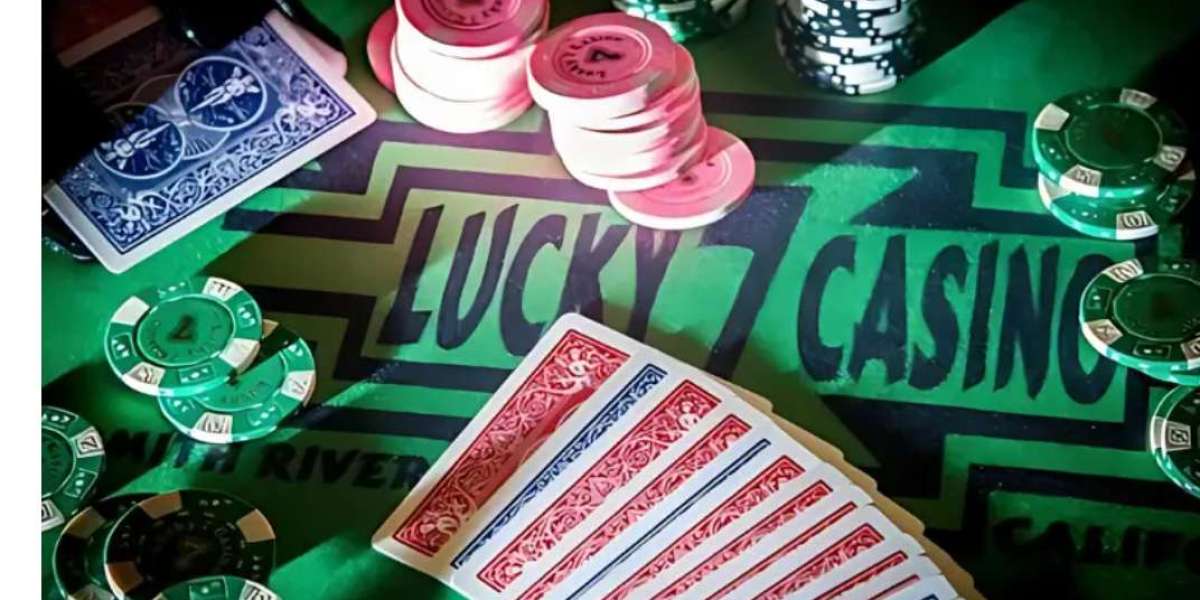High-value cards, such as 10, Jack, Queen, https://www.91lotteryclub.in/ King, and Ace, carry more points and can significantly increase your penalty if not melded into sequences or sets by the end of the game. To minimize your risk, it's wise to get rid of these cards unless they contribute to a potential meld.
Understanding the Risk
High-value cards pose a significant risk if they remain in your hand without forming sequences or sets. Each of these cards carries a point value of 10, and if you end up with a lot of high-value cards when an opponent declares, you could incur a substantial penalty. Early in the game, assess your hand to see if these cards can be quickly melded. If not, it's best to discard them to avoid potential point accumulation.
Prioritizing Meld Formation
When deciding whether to keep or discard high-value cards, prioritize forming sequences and sets. If you have a potential sequence that includes high-value cards, such as 10-Jack-Queen of hearts, keep them and focus on completing this meld. However, if these cards don't fit into any immediate or near-future sequences or sets, discarding them is the safer option to avoid accumulating high points.
Creating Opportunities
Discarding high-value cards early not only reduces your risk but also creates opportunities for drawing more useful cards. By clearing out high-value cards, you make room in your hand for lower-value cards that might help you complete other sequences or sets. This strategy helps you stay agile and adapt to the changing dynamics of the game, improving your chances of forming the required melds.
Observing Opponents' Discards
While discarding high-value cards, pay attention to your opponents' discards. If they are also discarding high-value cards, it might indicate that they are following a similar strategy. This observation can give you clues about their hand and strategy. Conversely, if they are picking up high-value cards from the discard pile, be cautious, as they might be forming high-value melds.
Timing Your Discards
Timing is crucial when discarding high-value cards. Early in the game, it's generally safe to discard these cards, as the game is still in its initial phase, and opponents are also building their hands. However, as the game progresses and the chances of an opponent declaring increase, exercise more caution. If you sense that an opponent is close to declaring, it might be wise to hold onto certain high-value cards to avoid giving them useful cards.
Conclusion
Discarding high-value cards early in Rummy is a strategic move to minimize risk and manage your points effectively. By prioritizing meld formation, creating opportunities for more useful cards, and observing opponents' discards, you can improve your gameplay and reduce the potential for high penalties. This strategy is particularly useful in Rummy, where thoughtful discards can make a significant difference in your overall success.
Pay Attention to Opponents' Tendencies and Adjust Your Strategy Accordingly in Spartan Poker Online Game Free Earning | #seo #guest #post #bakclinks #new
Install Palscity app











